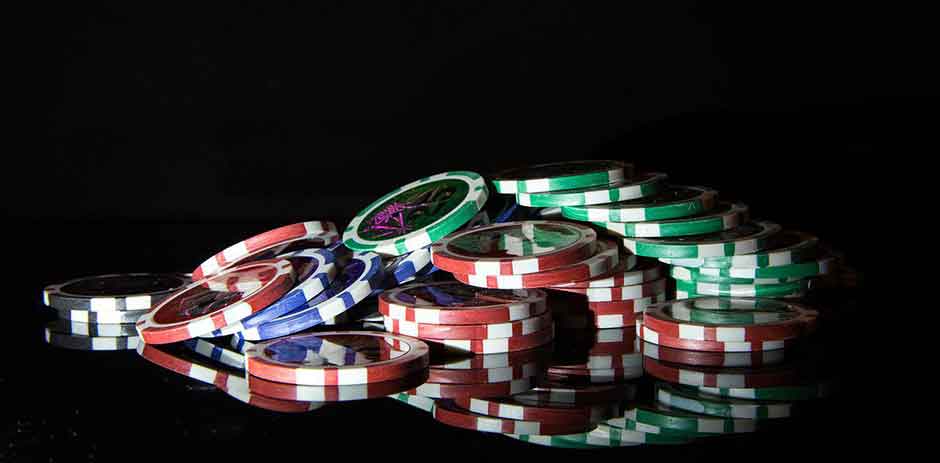Macau Gambling Law Reform Could Change Value of Casino Chips

The Chinese Special Administrative Region (SAR) of Macau is on the verge of implementing more changes in the way it operates. Whereas casinos used to be the major source of revenue, the region’s government is seeking other ways to generate cash.
If things stay on the same trajectory, the city will soon implement new gaming restrictions. These far-reaching reforms of revisions to Macau’s casino regulations might have unexpected repercussions. Most notably, casino chips may not have the same industry-accepted value in the future as they have now.
Last week, Macau’s Legislative Assembly debated new casino “deposit” legislation, including whether concessionaires and junkets would be able to assume such liabilities in the future. One thing was evident from these discussions: only concessionaires will likely be permitted to receive player deposits. Junkets, on the other hand, will be restricted to serving as commission agents and will not be permitted to store player funds.
What Does This Mean?
To begin with, the Macau SAR Government appears to be redefining the definition of casino chips by designating any exchange of cash for chips as a “deposit.” For generations, the present definition has been recognized all around the world.
According to Andrew W. Scott and Ben Blaschke of Inside Asian Gaming, the government is merely stating that chips no longer operate as ‘money on the casino floor’ under the new gaming laws. They are just “cage deposit receipts,” really. This is a major radical shift with potentially far-reaching consequences.
Does It Matter?
It is hardly surprising that some people believe this is just a semantics issue. However, it goes way beyond that. In the case of Macau’s new chip definition, the flaw in the new definition is immediately apparent.
Casino operators will no longer own the equipment or premises when the new casino concessions take effect. This will be at the start of 2023. For the period of their concession, the casinos will basically “lease” it all from the government of Macau. This implies that Macau owns all gambling equipment, including real estate, fittings, and even casino chips.
So, will the outstanding chip obligations revert to the government if casinos and gaming equipment are transferred to the government? Would a player try to collect money from the Macau government if he arrived in Macau with chips in his hand after a concessionaire had long departed town?
The Macau administration, predictably, would like to avoid this scenario. Reclassifying chips as “receipts for deposits with the operator,” rather than “casino floor money,” is one way to do this. Any future claimant with chips might be gently sent back to the company that took the “deposit.”




